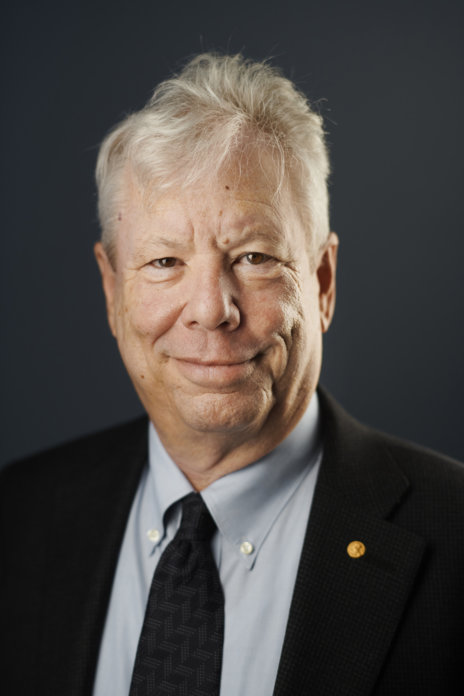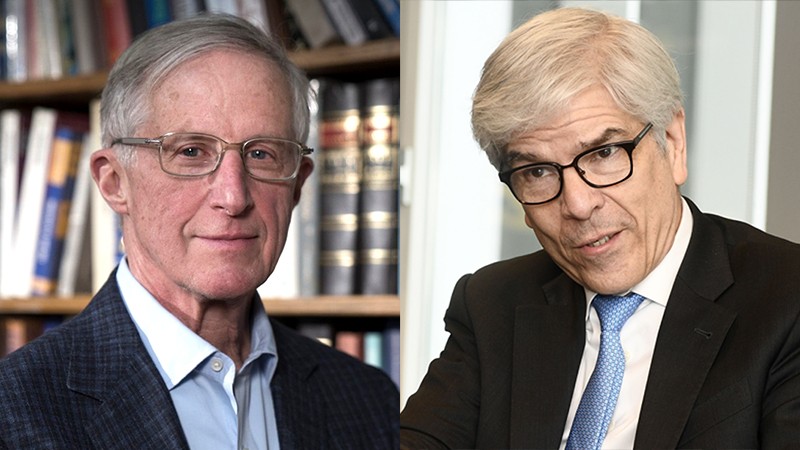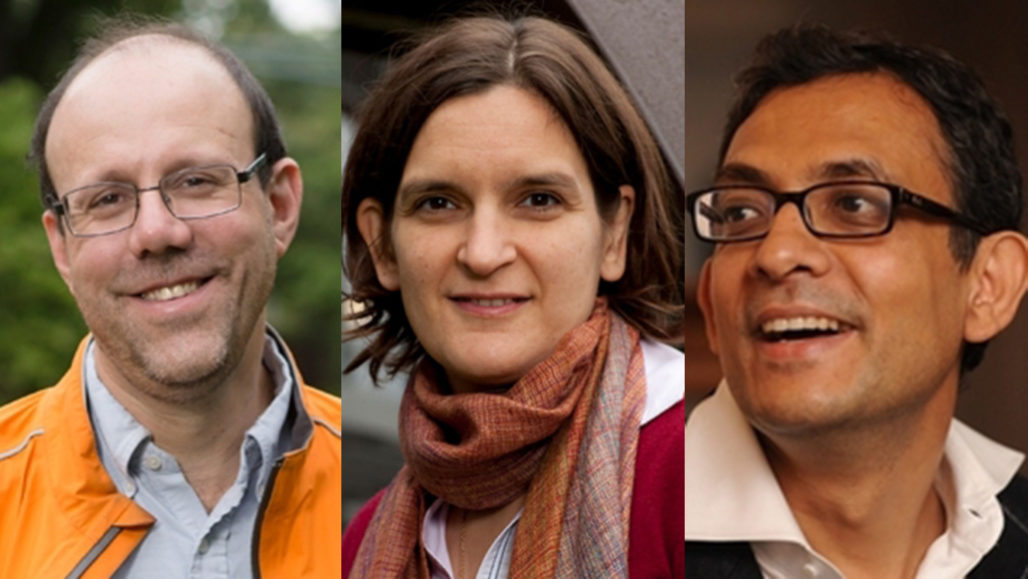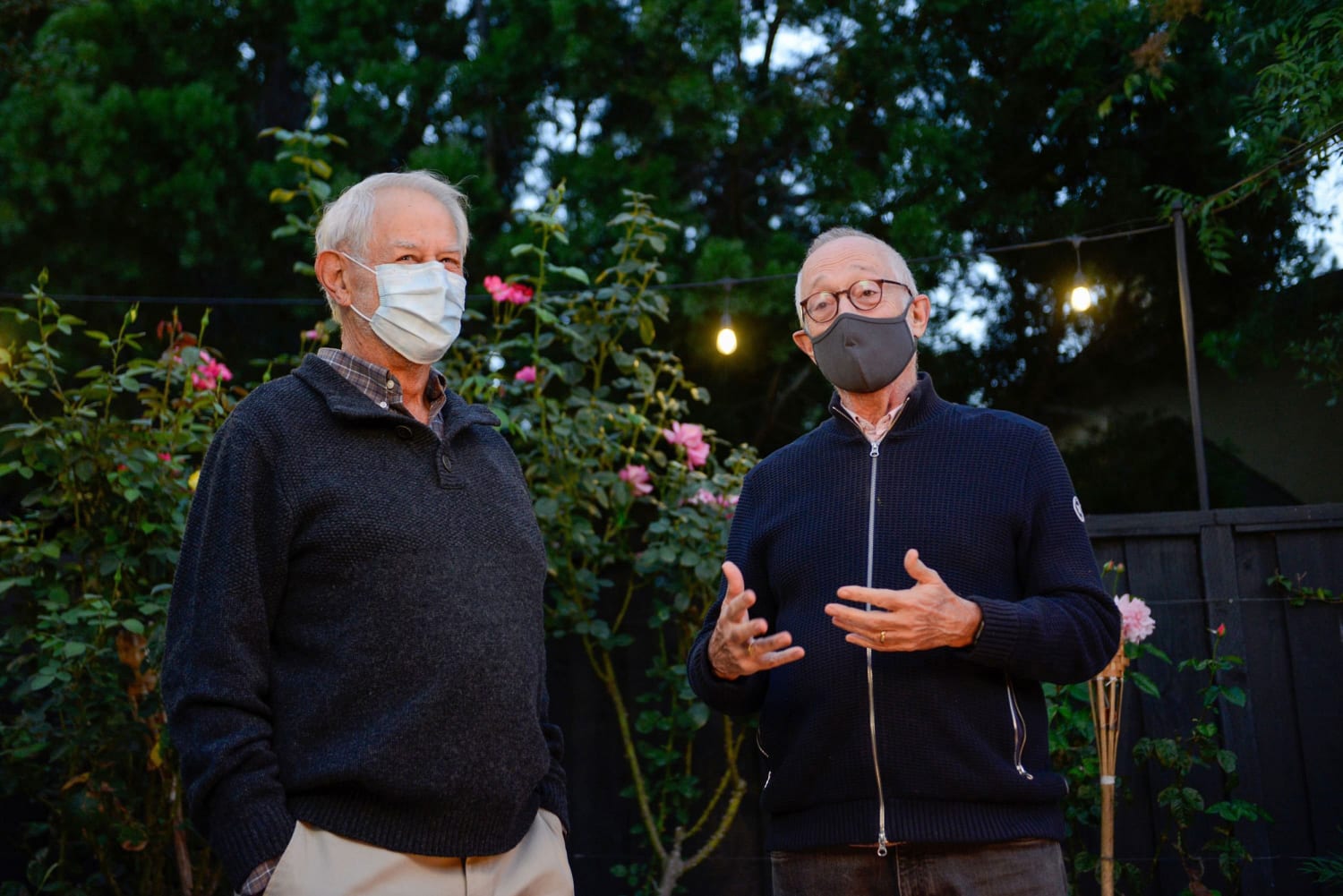Nobel Natural Experiments
Like everyone else in the field, I learned yesterday that the new Nobel Laureates in Economics for 2021 are David Card, Joshua Angrist, and Guido Imbens. But if you're not an economist, you probably don't really care about what we would conventionally have to say, but here's why you should care at least just a little bit.
United States-based economists David Card, Joshua Angrist, and Guido Imbens were awarded the 2021 Nobel Prize in economics for pioneering "natural experiments" to understand the causal effects of economic policy and other events.
Often we say correlation is not causation. While it is a true statement, when a policymaker asks you to study causation, and you give them this response, it's probably better off that you said nothing. But what is so novel about the work of this year's prize winners is that they are current faces of the "credibility revolution." A 2010 paper by Angrist of the same title summarizes the notion of fusing applied econometrics and experimentation through better research designs. The more recent designs focus on experiments or quasi-experimental methods, which allows for many successes to place raw data on critical parameters of interest to policymakers.
How is any of this important? Better research design and natural experiments allow economists to move away from the conventional abstraction in econometrics and analyze real-life behavior. With the vast explosion of experimental economics, we begin to see a return to the field's relevance. Once called the dismal science, now more than ever is crucial in solving the world's emerging problems.
Analyzing some of the more recent Noel prize winners' contributions shows a movement away from conventional theoretical juxtaposition but more towards real lie applications driving emerging theories.
In 2017, Richard Thaler won the noble prize for his contribution to behavioral economics, which essentially flips the age-old rationality theory on its head uses applications from psychology to understand consumer behavior. Thaler has explicitly paid particular attention to three psychological factors: the tendency to not behave entirely rationally, notions of fairness and reasonableness, and lack of self-control.
In 2018, William Nordhaus and Paul Romer shared the prize for integrating climate change into long-run macroeconomic analysis. Romer notes that nature dictates the main constraints on economic growth, and our knowledge determines how well we deal with these constraints. William Nordhaus' findings deal with interactions between society, the economy, and climate change; more specifically, his model examines the consequences of climate policy interventions, such as carbon taxes.
In 2019, Esther Duflo, her husband Abhijit Banerjee, and their fellow Cambridge MA colleagues Michael Kremer shared the prize for their experimental approach to alleviating global poverty. Of the group, the most notable has been Esther Duflo, only the second woman to be awarded the nobel prize and one-half clearly the only wife and husband pair. have introduced a new approach to obtaining reliable answers about the best ways to fight global poverty. Their work divided the global poverty reduction issue into more minor, manageable questions. Since the mid-1990s, they have tested a range of interventions in different areas using field experiments to improve educational outcomes or child health.
In 2020, neighbors and Standford Economists Robert B. Wilson and Paul R. Milgrom received the prize for improvements to auction theory and inventions of new auction formats." Humans have sold things to the highest bidder or bought something from the cheapest source for thousands of years. These days, goods and services change hands for astronomical values at auctions daily. Robert Wilson and Paul Milgrom have studied how auctions work. They have also translated their theories into practice and created new auctions for goods and services that are difficult to sell through traditional means, such as radio frequencies. Their discoveries have benefited sellers, buyers, and taxpayers around the world.
If you notice the pattern, you'd realize that economists have become real-world and focus on research that matters to the world, not just to get publications in peer-reviewed journals.
Now it's important to note that not all of us can become Nobel laureates. It is a very excludable private good, but the lessons learned from the general prizes show how much the public interest is coming forward.
Maybe 10 years later, an economist will receive a prize for their Coronavirus pandemic research, politics, populism, or the E-economy. Who knows?






Comments
Post a Comment